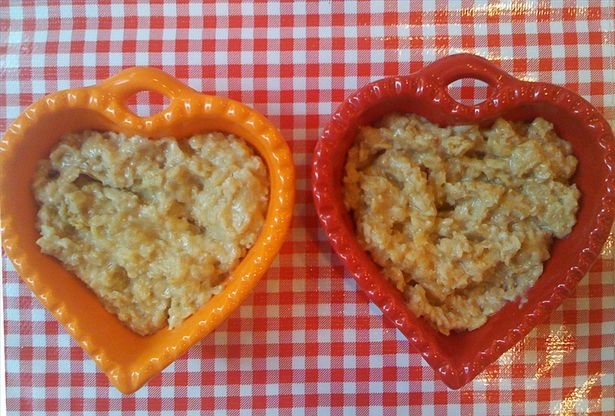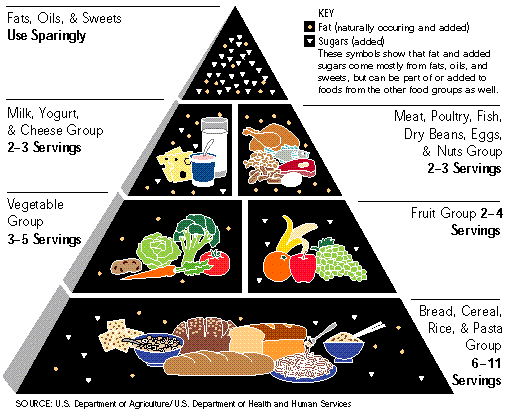Food intolerances arise from the stress that we put on our guts. Your gut is your second skin and houses 70% of the immune system. If the gut is damaged at all then it can allow large food particles through into the blood stream for the first time. Some of these foods may trigger an immune reaction called a food-specific IgG reaction. These anti-food antibodies can directly cause inflammation in the body that can be targeted at any organ. It is these antibodies that can cause the symptoms of food intolerance that are so prevalent. There are lots of reasons why this might happen. These include:-
• The fact that we are eating more processed foods
• Use of chemical fertilisers on the soil
• Intensive rearing of animals for food
• Quality and range of food ingredients eaten
• Chemical pollution
• Stressful lifestyles
All of these things have the potential to cause gut damage. The gut can also be damaged from infections, taking antibiotics, and having low levels of "good bacteria", such as lactobacillus and acidophilus, in your gut. If these levels are low there is the opportunity for "unfriendly" and pathogenic bacteria to take a hold. These unhealthy bacteria release toxins into the gut and blood stream, damaging the gut and making it more susceptible to food intolerances. Healing your gut is absolutely key as a damaged intestinal lining can wreak havoc on our entire body systems. Here are a few tips to help you keep your gut in tip top condition:
1. Identify your food intolerances using a YorkTest (IgG reaction test) and remove those foods from your diet immediately. If you continue to eat your trigger foods you will continue to trigger gut damage and ill health symptoms.
2. Take steps to heal your gut lining by taking probiotics and increasing antioxidant (such as vitamin C) intake.
3. Try and eat only natural (unprocessed) and organic foods, and as much raw as possible.
4. Add in digestive enzymes to your diet to aid proper food breakdown
5. Avoid taking painkillers, particularly non-steroidal anti-inflammatories (NSAIDS) and antibiotics whenever possible. Both can cause gut damage
6. Avoid yeast or mould containing foods as much as you can: Mushrooms and all fungi, mould and yeast, yeast breads, brewer's yeast, all pickled products, fermented foods, sauerkraut, soy sauce, and cheeses. These can encourage yeast and mould overgrowth within the gut. Also avoid sugary foods that fuel fermentation within the gut leading to bloating and wind.
7. Reduce levels of alcohol, caffeine and food additives as these can also aggravate the gut lining.
8. Add foods to your diet that contain amino acids cysteine and glutamine. These can also help repair gut. Food sources of cysteine include broccoli, Brussel sprouts, egg yolks, garlic, oats, onions, poultry, red peppers, wheat germ and yogurt. Glutamine food sources include beans, beef, beetroot, cabbage, chicken, fish and dairy products. Always make sure that you continue to eliminate your reactive foods though.
9. Look at ways to reduce stress such as increasing exercise, getting out in the fresh air as much as possible and relaxing with friends. Learn and practice relaxation exercises and other stress management techniques.
Removing all trigger foods, and keeping yourself and your gut healthy, will help you keep all those food intolerance symptoms away in the future.
Copyright (c) 2012 YorkTest

 Starting Up An Aquaponics Set Up From See The Easy Way
Planting seeds in your aquaponics system can be a lot simpl
Starting Up An Aquaponics Set Up From See The Easy Way
Planting seeds in your aquaponics system can be a lot simpl
 The Simplest Way To Lessen Your High Cholesterol By Natural Means
High-cholesterol is a major variable inside the countrywide
The Simplest Way To Lessen Your High Cholesterol By Natural Means
High-cholesterol is a major variable inside the countrywide
 Introduction To Of Some Lower Cholesterol Foodstuffs
Cholesterol is a fat-like element contained in the physique
Introduction To Of Some Lower Cholesterol Foodstuffs
Cholesterol is a fat-like element contained in the physique